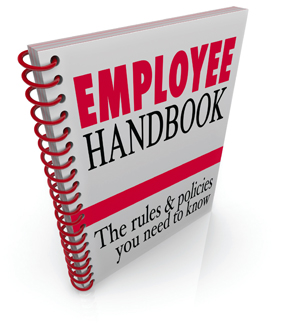
Image Credit: retrorocket/shutterstock.com
The only way to be confident your practice is performing well is to conduct periodic internal reviews of your practice operations. This allows you to familiarize yourself with the intimate details of your practice operations and identify what you are doing well and what needs improvement. Doing so will not only help your practice become more compliant, but will also make it more valuable to potential purchasers. Don’t wait until it’s too late. Avoiding unfavorable issues that could have been resolved through regular internal reviews can result in government findings or may force a potential buyer to walk away.
This article is Part 2 in a two-part series that discusses several important areas to address when conducting a checkup of your practice.
Medical Records Review & Security
Ensure that your medical records clearly and accurately document each patient’s health status, medications prescribed and history of treatment provided, including referrals to other providers, to improve quality and continuity of patient care. Also, be sure your medical records document the medical necessity of the service provided to maximize reimbursement by preventing claims from being rejected or down-coded by payers. Regular training should be conducted to ensure routine performance of these steps.
Are your medical records stored in a secured, central location, accessible only to authorized personnel at your office? Although it’s important that medical records be easily retrievable, they must be stored in a locked cabinet or room when not in use. Electronic medical records should be securely maintained in accordance with the Health Insurance Portability and Accountability Act (HIPAA) of 1996 and the HIPAA Security Rule.
Fixed Assets & Supplies Inventory
Regularly review the equipment owned or leased by your practice to ensure it’s functioning as intended. If necessary, have your equipment serviced to improve performance. If you lease any equipment, review the lease agreement to determine maintenance requirements; this agreement may require improvements to be completed by a third party. If necessary, upgrade outdated or poorly functioning equipment. Also, review your supply inventory monthly to determine how supplies are being used and whether adjustments can be made to save costs.
Policy & Procedure Review
Due to the evolving nature of the laws and regulations affecting the practice of medicine, it’s critical that you annually—or more regularly if necessary—review your practice’s written policies and procedures to confirm that they accurately describe how your practice operates. If you don’t have a written policies and procedures manual, make it a priority to implement one that includes the following:
- Operational policies, including licensure requirements;
- HIPAA Privacy and Security policies;
- Accounts receivable policies;
- Medical records procedures;
- Referral policies;
- Personnel policies; and
- Job descriptions.
Do you have an employee handbook that addresses employee matters, such as the nature of the employment relationship, professional expectations, compensation, benefits and legal issues, in addition to the above policies and procedures? If not, consider implementing one as soon as possible. Once an established employee handbook is in place, be sure to update it annually.
Accounts Receivable
To maximize the financial value of your practice, ensure that outstanding debts are resolved quickly. You should regularly review your accounts receivable balances so that you are aware of the amount of any outstanding debt. A significant amount of outstanding debt could lower the value of your business to a potential purchaser. Also, it is important to have a policy in place for handling debts more than 90 days old.
Do you have an employee handbook that addresses employee matters …? If not, consider implementing one as soon as possible.
Contract Review
Periodically review all payer and managed care agreements, professional services agreements and physician employment agreements to determine if the terms of those agreements fit the needs of your practice. If there are multiple providers within your practice, are you familiar with the relevant terms in their employment agreements? If not, review these agreements to analyze compensation and evaluate productivity. Also, you should review any supply or lease agreements so that you are aware of the duration of the contract, as well as the termination and renewal processes.
Insurance Review
It’s important to comply with any reporting requirements mandated by your insurance provider. Often, insurance providers mandate that certain data be reported on a quarterly or annual basis. If you are not aware of any such requirements, you should review your insurance policies to confirm what, if any, reporting requirements you are subject to.


